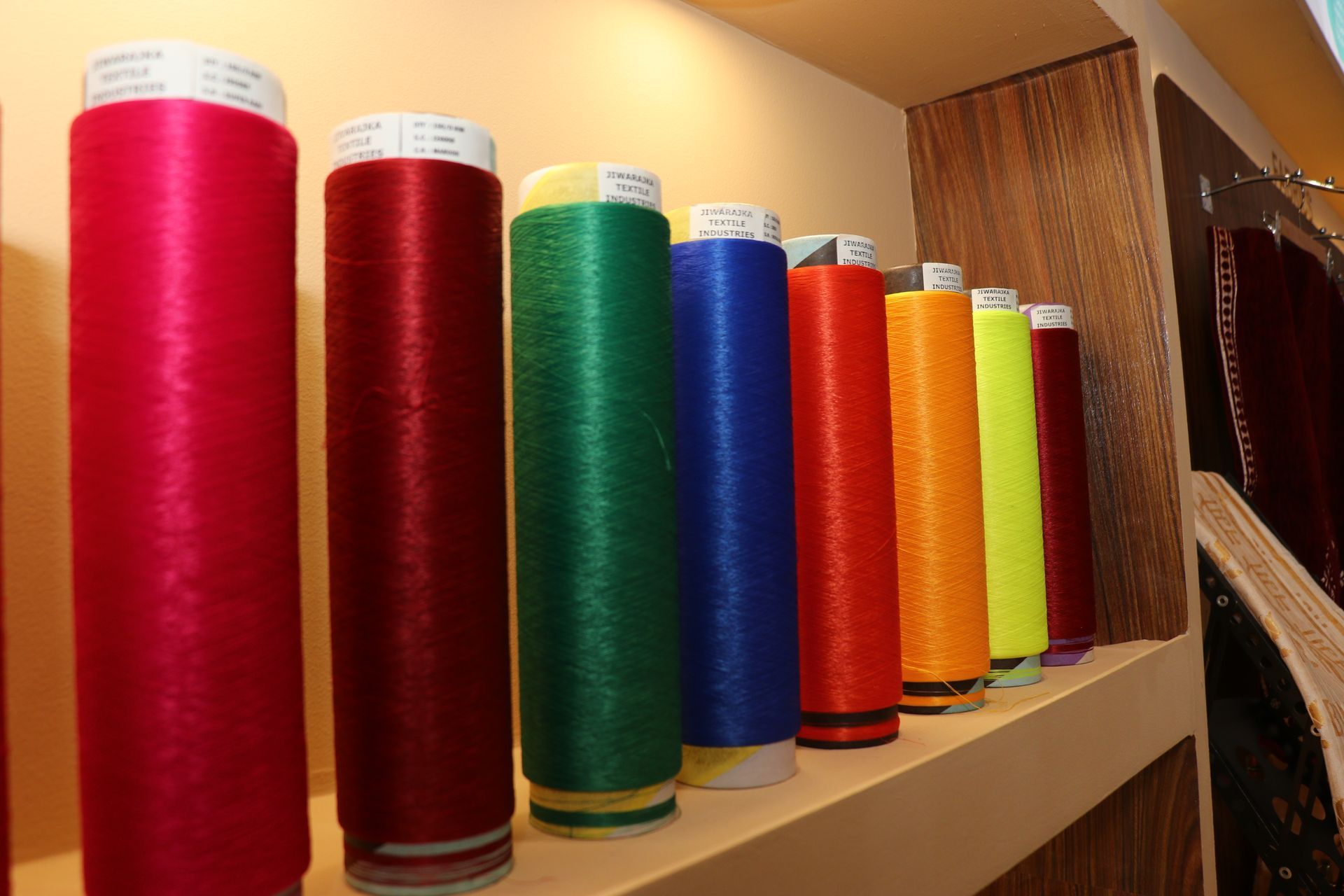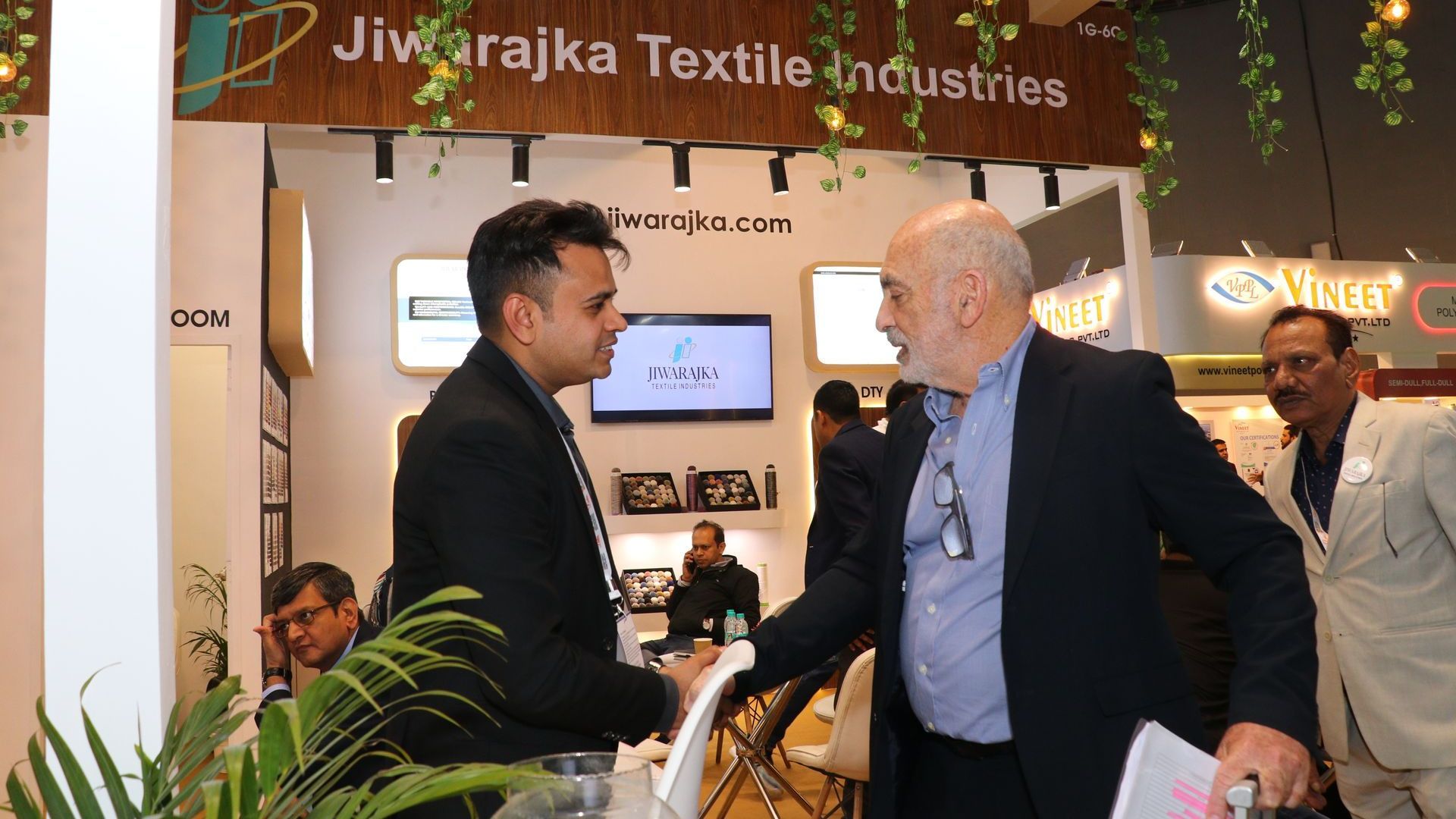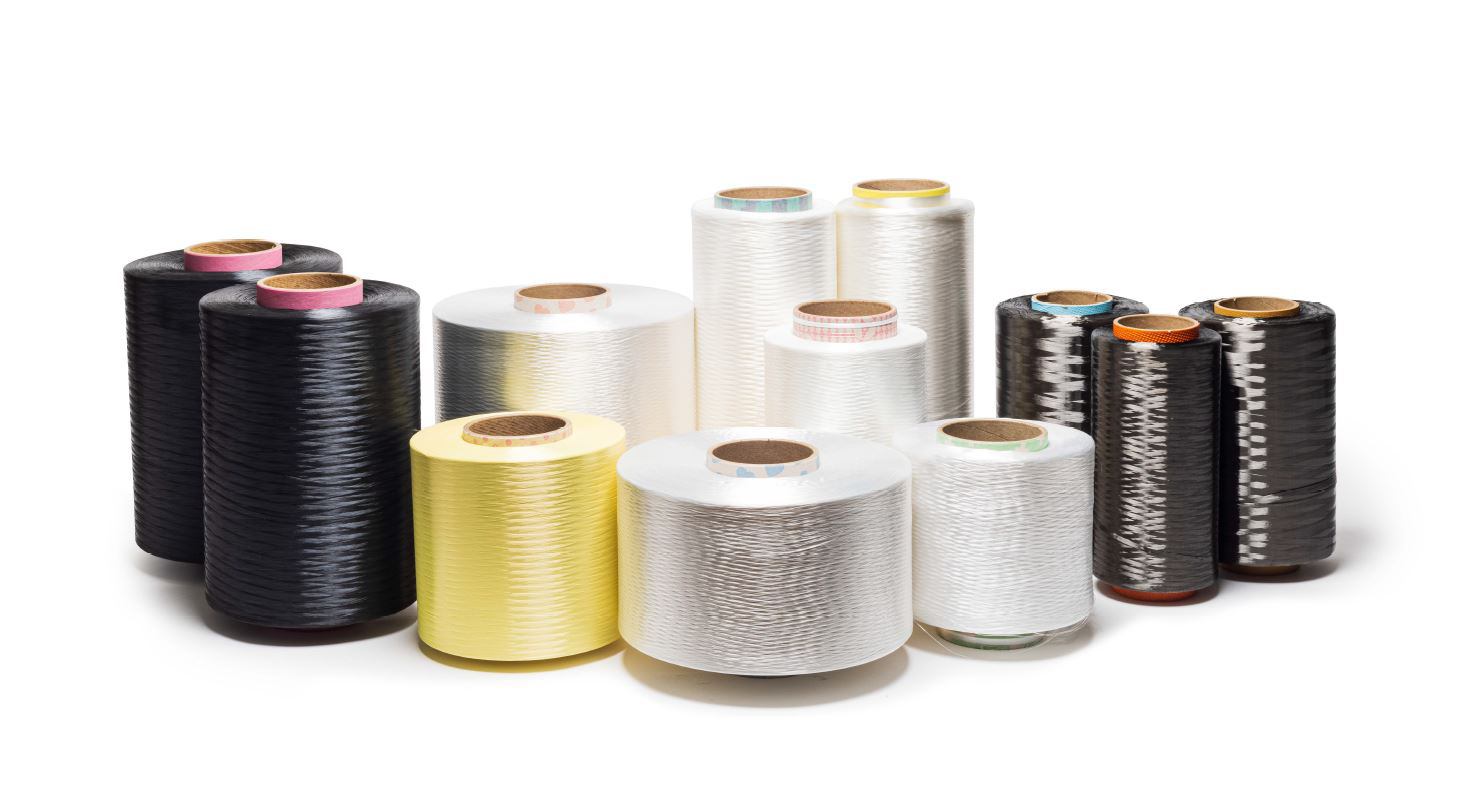Jiwarajka Partners with CiCLO® Technology to Advance Eco-Conscious Textiles
Jiwarajka Textile Industries, a prominent name in India’s polyester yarn manufacturing sector, has taken a bold step toward sustainability by partnering with CiCLO® technology:
A proven technology that allows traditional synthetic fibers to biodegrade as naturally as wool. Announced in early 2025, this collaboration is poised to redefine Jiwarajka’s product offerings and reinforce its commitment to environmental stewardship. With a legacy of excellence in producing high-quality Draw Texturized Yarn (DTY) and a production capacity exceeding 20,000 metric tonnes per annum, Jiwarajka is leveraging this cutting-edge technology to address one of the textile industry’s most pressing challenges: synthetic microfiber waste. This blog explores the partnership’s significance, delves into CiCLO technology’s revolutionary approach, and examines how it aligns with Jiwarajka’s sustainability vision.
Get to know the technology behind it
The Genesis of the Partnership
Jiwarajka has built its reputation on innovation and reliability, operating state-of-the-art facilities in Daman and Silvassa. As global awareness of textile pollution grows—synthetics like polyester account for over 60% of the world’s fiber production, yet less than 1% is recycled into new clothing—this adoption of CiCLO technology emerges at a critical juncture. CiCLO technology, developed by Intrinsic Advanced Materials, offers a scaled solution that complements Jiwarajka’s goals of reducing the environmental impact of microplastic pollution caused by synthetic textile shedding while maintaining the performance standards our clients expect. This alliance is not just a business move; it’s a strategic alignment with the global shift toward a circular economy, where materials are reused and waste is minimized.
What is CiCLO Technology?
CiCLO technology is a patented textile ingredient that allows polyester to biodegrade naturally, significantly reduing the time synthetic fibers (microplastics) pollute the environment. Unlike conventional polyester, which can persist in the environment, CiCLO fibers are designed to behave like natural ones when exposed to microbe-rich environments. Products using CiCLO® yarn maintain performance in strength, elasticity, or versatility during wash, wear and care, making it a practical choice for manufacturers like Jiwarajka.
How CiCLO Technology Works: The Science Unveiled
When blended with polyester during melt extrusion, the CiCLO active ingredients create pathways that attract naturally occurring microorganisms. This enables complete biodegradation of the CiCLO fibers, leaving only natural elements behind. . Here’s a closer look at the science:
- Microbial Attraction: The additive mimics natural compounds, attracting bacteria and fungi that produce enzymes capable of digesting polyester.
- Biodegradation Process: In environments like soil, or seawater, these microbes break the polymer chains into simpler elements—carbon dioxide, water, and biomass—over time. No Microplastic Left Behind: Unlike traditional polyester, which fragments into harmful microplastics, CiCLO® fibers ensure microplastic fibers that polute the environment do not remain forever.
Biodegradation is activated only after prolonged exposure to moisture and microorganisms, assuring fibers and fabrics maintain their durability and performance during use.
CiCLO® technology can be applied to a wide range of polyester-based products, making it highly compatible with Jiwarajka’s DTY portfolio:
CiCLO Products and Applications
-
Fashion and Apparel:List Item 1
Stretchy, soft fabrics for activewear, casual clothing, and more.
-
Home Textiles:List Item 2
Durable yet sustainable bedding, curtains, and upholstery.
-
Technical Textiles:List Item 3
High-performance yarns for industrial uses, now with an eco-friendly end-of-life solution.
Jiwarajka’s expertise in producing dope-dyed and textured yarns positions it to seamlessly integrate CiCLO technology into its offerings, creating a new line of biodegradable polyester products.
Enhancing Jiwarajka’s Sustainability Goals
Sustainability has become a cornerstone of Jiwarajka’s ethos, driven by both market demands and a responsibility to mitigate the textile industry’s environmental footprint. The CiCLO partnership amplifies these efforts in several transformative ways:
- Meeting Eco-Conscious Demand: Brands and consumers alike are seeking sustainable alternatives. CiCLO DTY from Jiwarajka can cater to this growing market, offering high-quality yarns that meet certifications like GOTS (Global Organic Textile Standard) or OEKO-TEX..
- Strengthening Brand Leadership: This technology positions Jiwarajka as a pioneer in India’s textile sector, showcasing its proactive adoption of biodegradable technologies. It enhances the company’s competitive edge in both domestic and international markets, where sustainability is increasingly a differentiator.
The Broader Impact:
Industry and Environmental Benefits
The Jiwarajka and CiCLO® brand collaboration has ripple effects beyond the company’s operations. India, a global textile hub, generates significant synthetic products, with polyester dominating its production landscape. By scaling CiCLO technology, Jiwarajka could inspire other manufacturers to follow suit, contributing to:
- Reduced Microplastic Pollution: The United Nations estimates that 8 million tons of plastic enter oceans yearly, much of it from synthetic textiles. CiCLO® technology tackles microplastic pollution. Lower Carbon Footprint: While producing CiCLO yarn requires minimal additional energy compared to traditional polyester, its reduction of time that microplastics in the form of synthetic fibers pollute the environment reduces the emissions tied to incineration.
- Support for Policy Goals: India’s National Textile Policy and the EU’s Circular Economy Action Plan emphasize sustainable practices. This adoption aligns with such frameworks, potentially attracting government incentives or international partnerships.
Challenges and Opportunities Ahead
While promising, integrating CiCLO technology isn’t without challenges:
- Cost Considerations: Production costs may increase initially, though economies of scale and rising demand for sustainable products could offset this over time.
- Consumer Education: Awareness about biodegradable synthetics is still nascent. Jiwarajka will need to collaborate with brands to communicate CiCLO technology’s benefits effectively.
On the flip side, opportunities abound: Jiwarajka could explore certifications, pilot projects with fashion brands, or even R&D to enhance CiCLO technology’s application in dope-dyed yarns, a specialty of the company.
A Vision for the Future
The Jiwarajka and CiCLO technology adoption is a milestone in the journey toward a sustainable textile industry. As Jiwarajka rolls out CiCLO DTY from its facilities, it sets the stage for collaborations with eco-focused brands, penetration into new markets, and a stronger global presence. This move not only elevates Jiwarajka’s product line but also contributes to a broader narrative: textiles can—and must—evolve to protect the planet.
In an era where sustainability is a mandate, Jiwarajka Textile Industries is weaving a future where innovation meets responsibility. With CiCLO technology as its newest technology adoption, the company is threading the needle between performance and purpose, proving that every yarn can tell a story of progress. As this technology use unfolds, it’s clear that Jiwarajka is adapting to changeand leading in ensuring products are made to last - just not forever.





